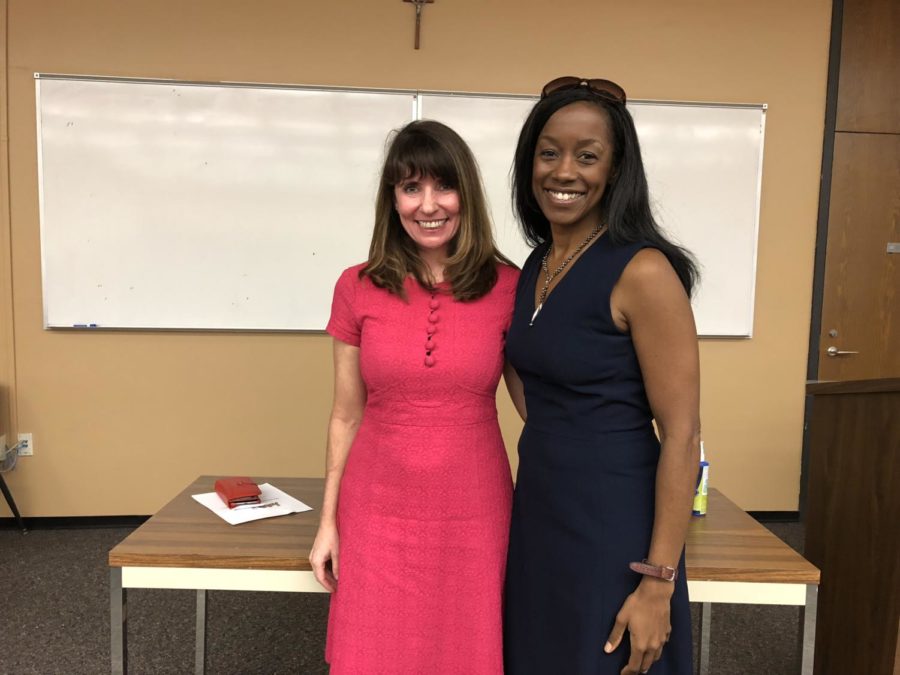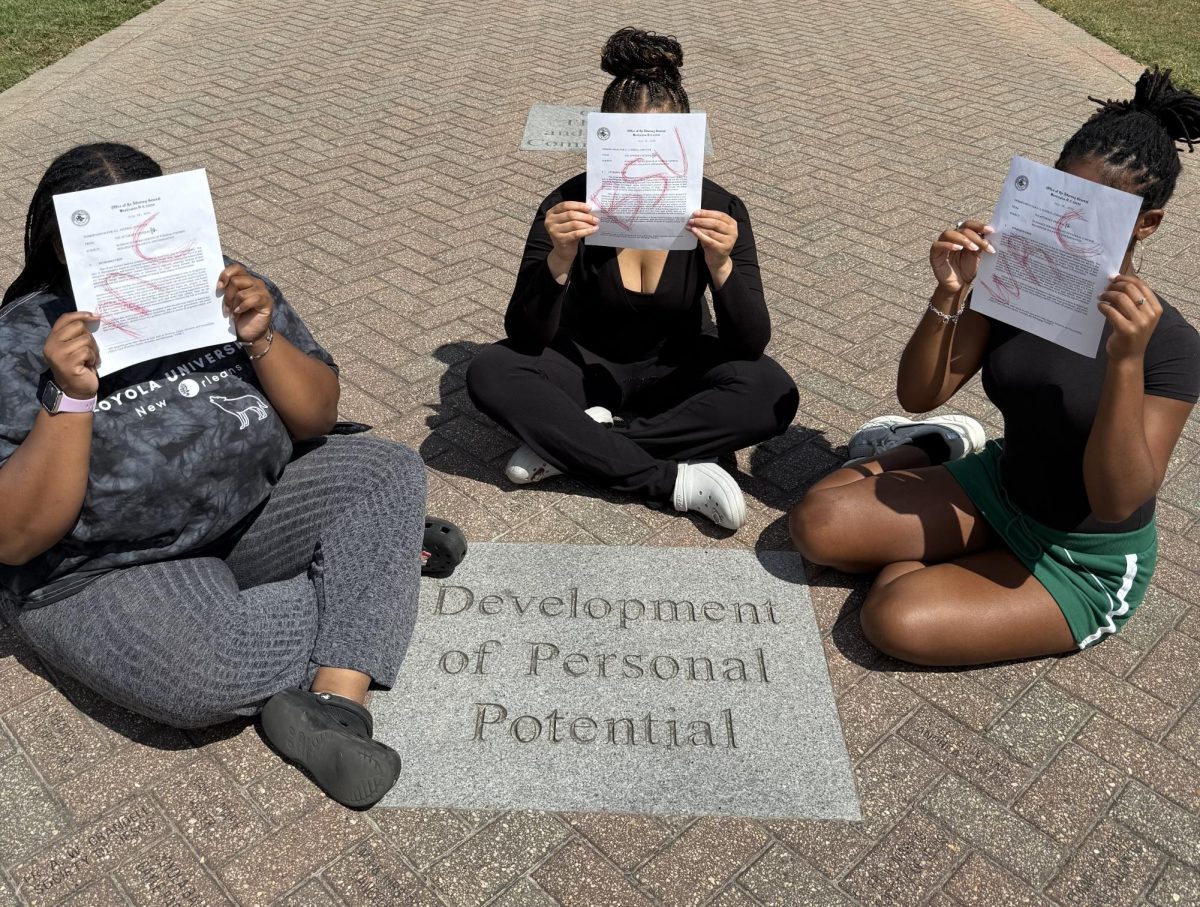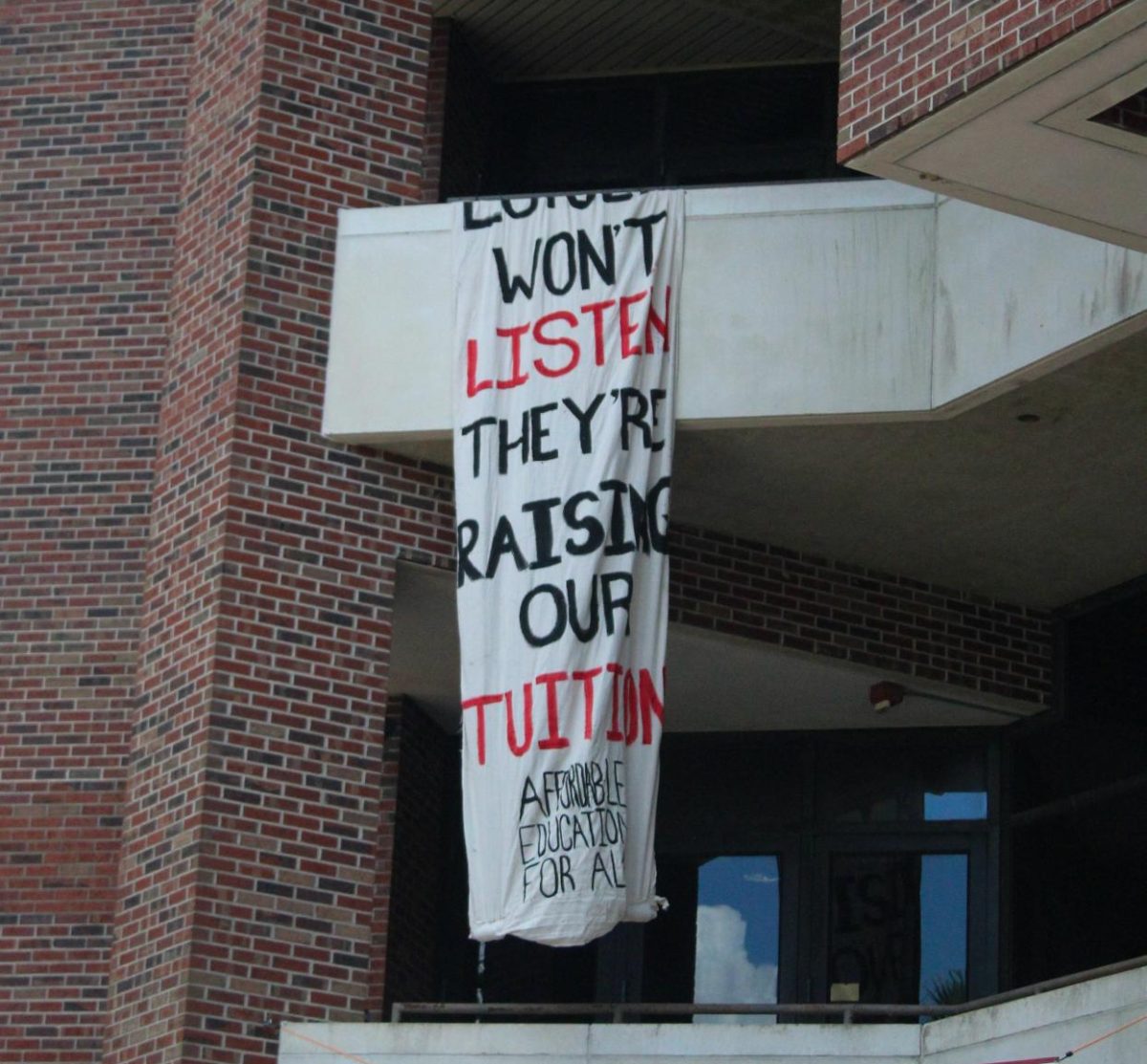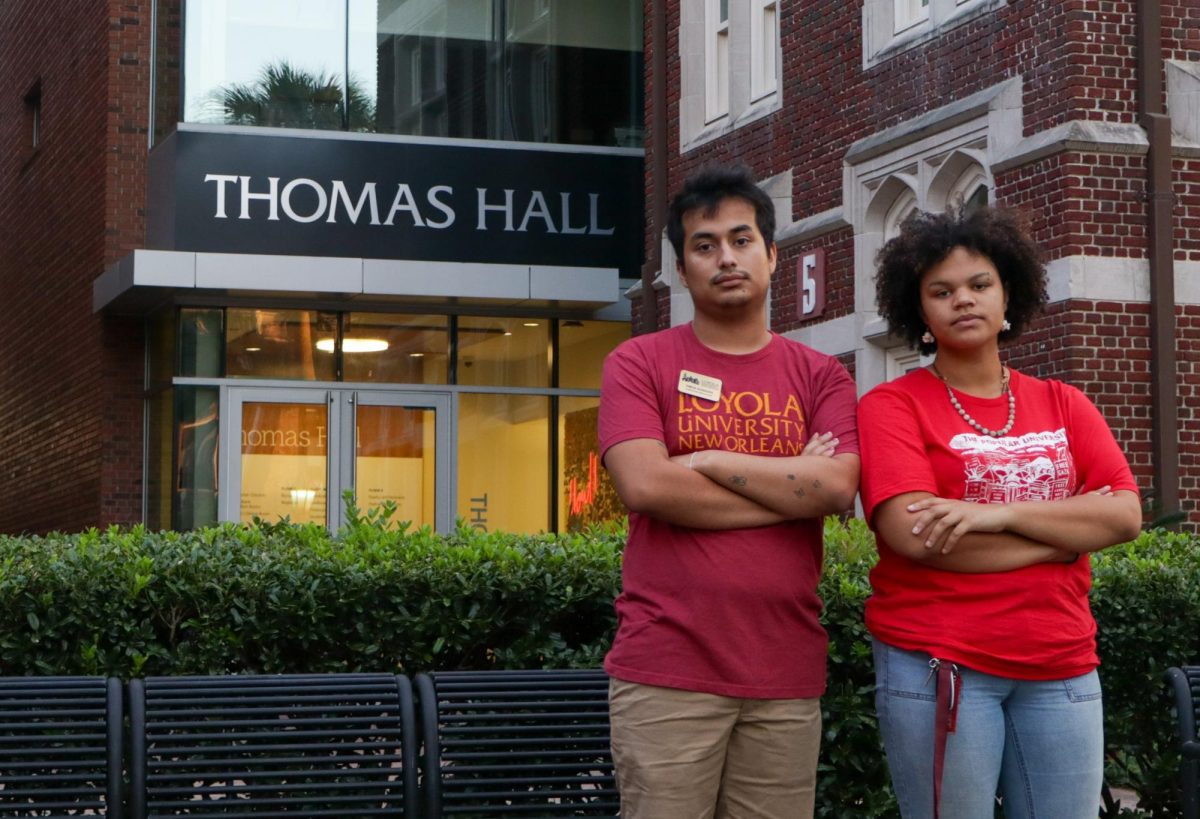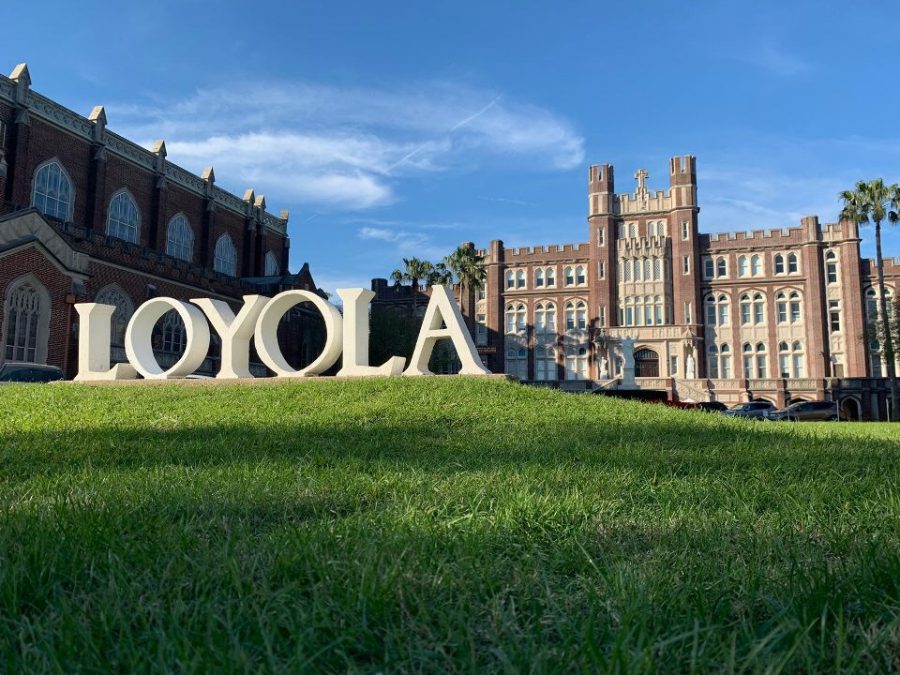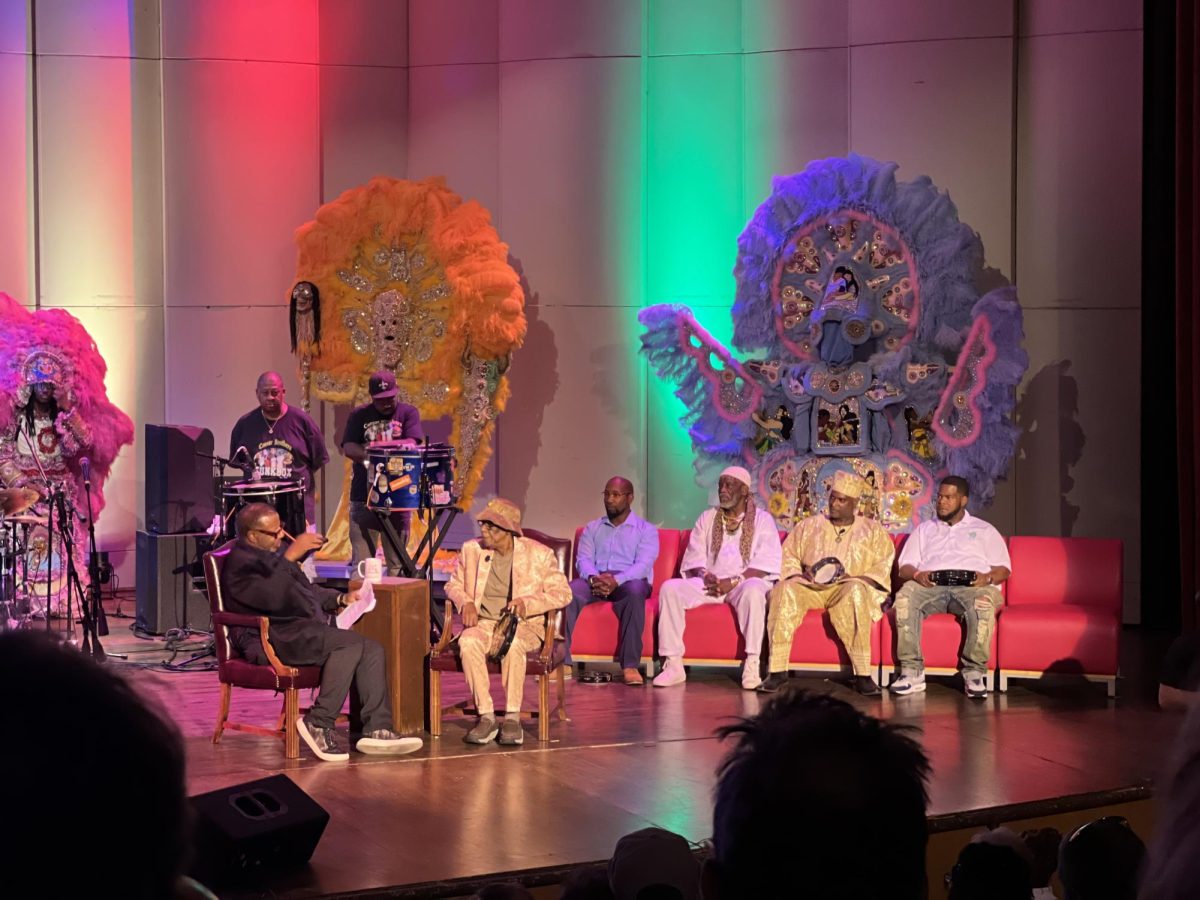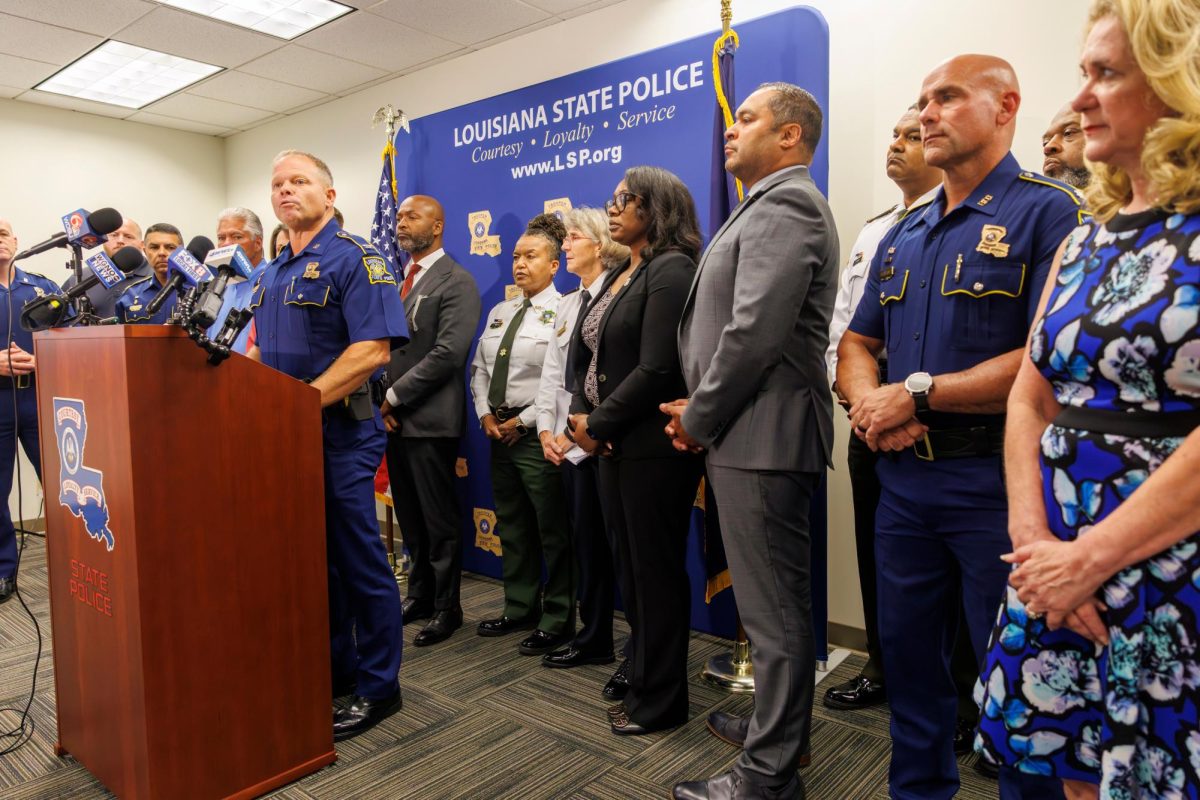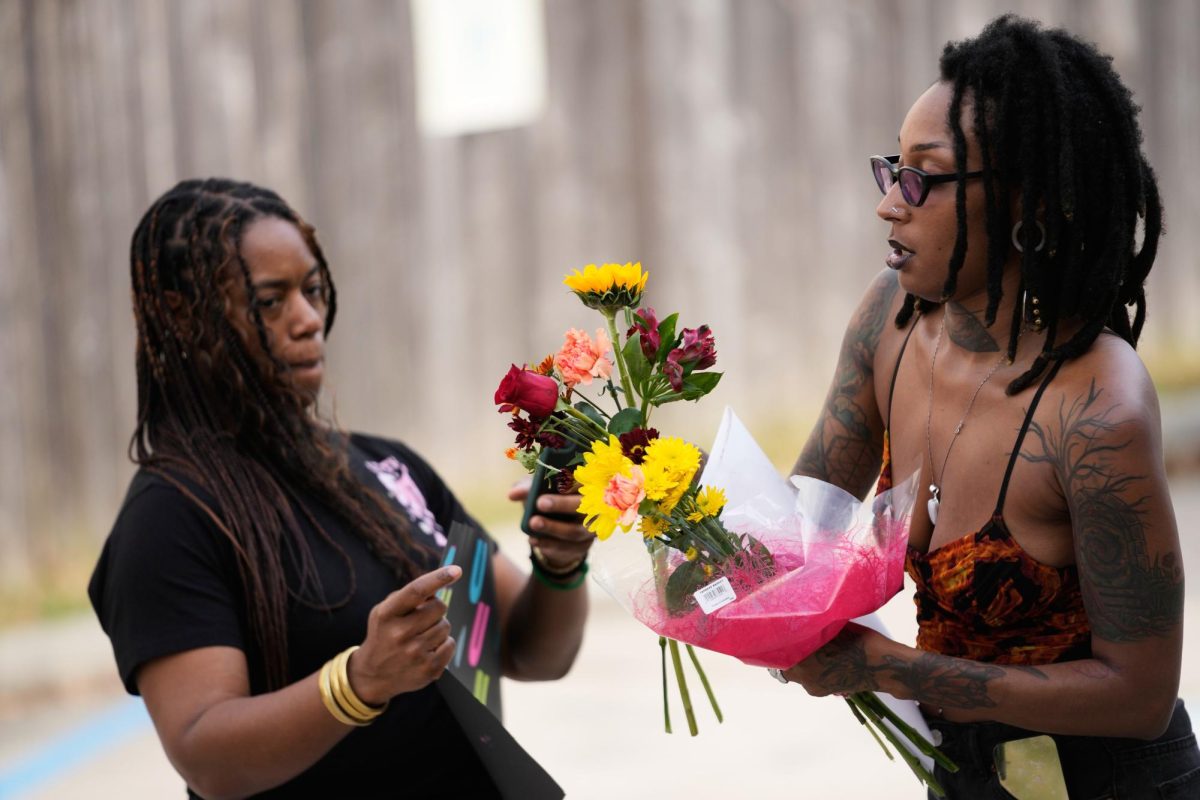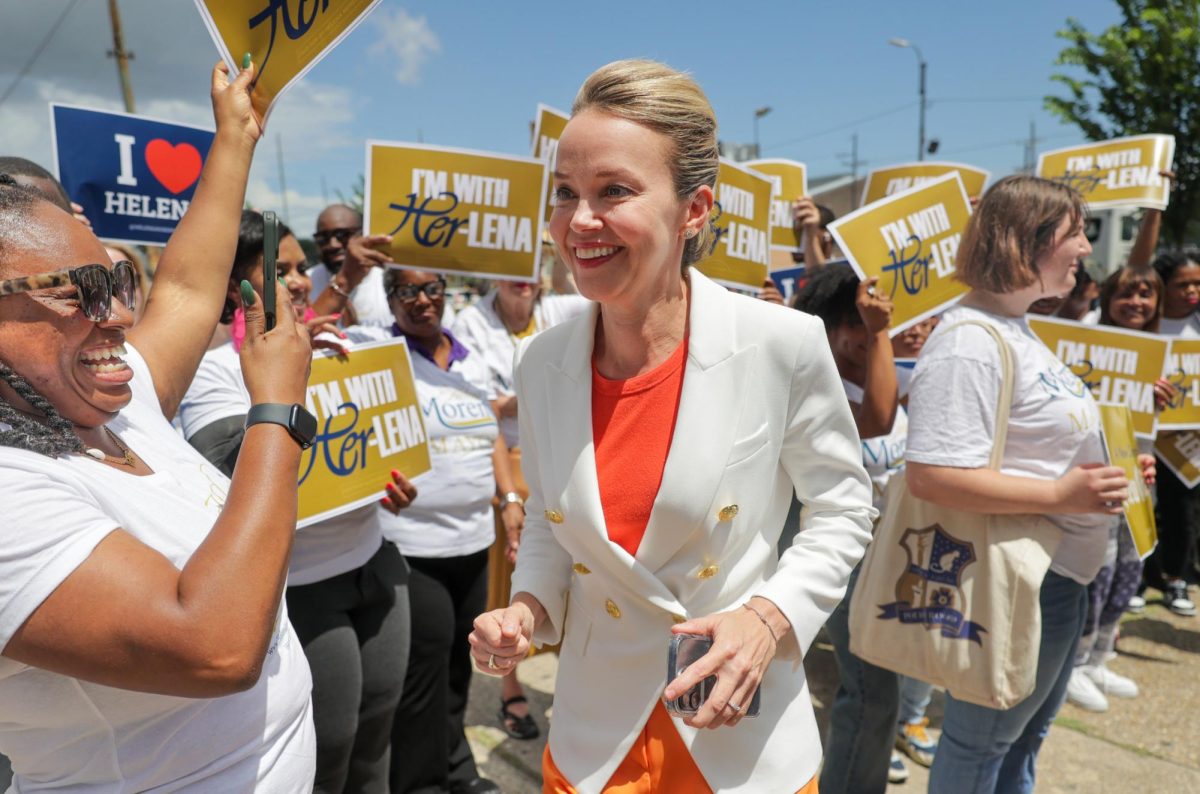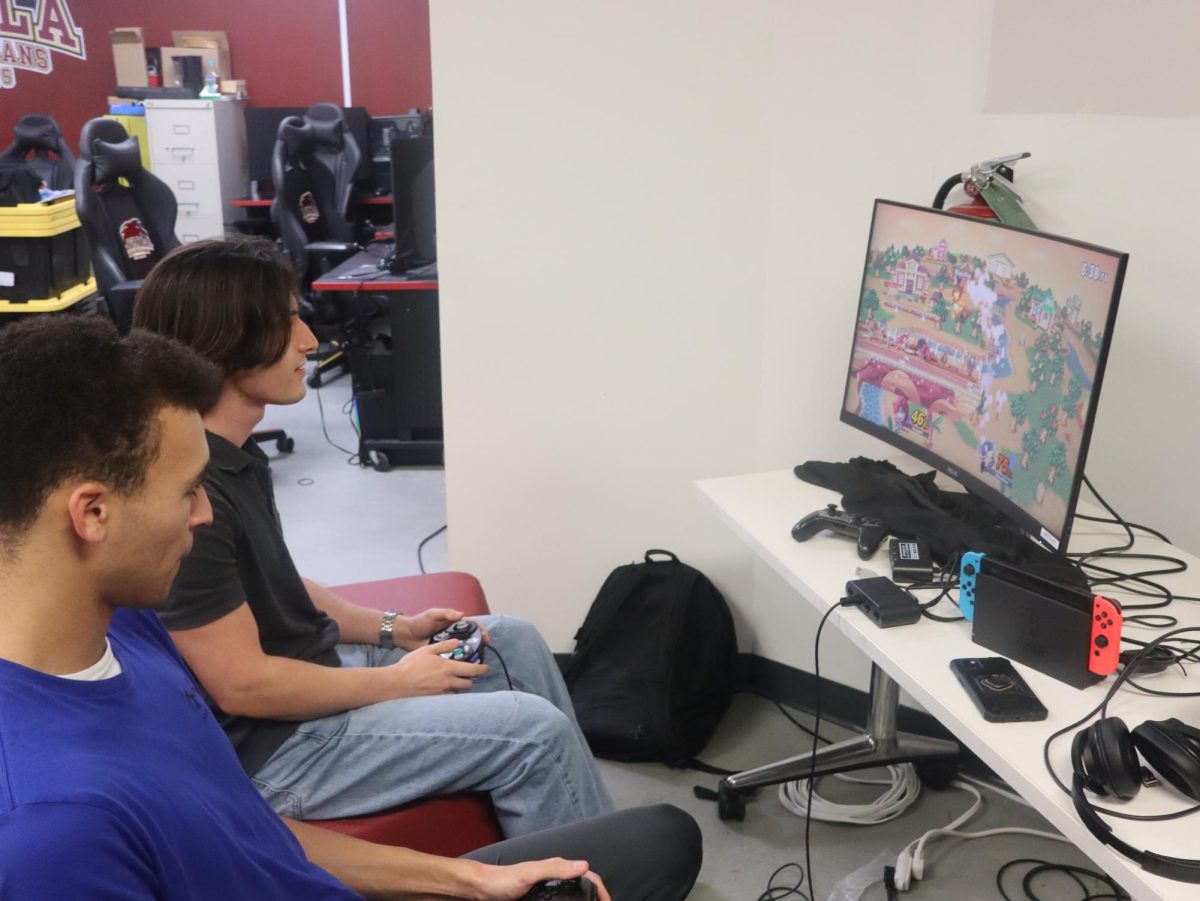In response to the 2017 Campus Climate Assessment, the university held the first in a series of climate update meetings on Oct. 17.
Last year’s Campus Climate Assessment brought attention to issues such as food insecurity on campus, workload stress, community exclusion and worries about institutional instability.
According to the assessment update meeting, Loyola has been working on finding remedies to these issues since the release of the results.
When it comes to access to food, 23 to 47 percent of undergraduate survey respondents said that they had “very low” to “low” food security.
In response to these numbers, Carol Ann MacGregor, senior director of institutional research and effectiveness and faculty development, and Alicia Bourque, interim executive director of student affairs, said the university is prioritizing student access to food in the short term.
Bourque mentioned long and short term plans including an accessible food pantry, partnering with Second Harvest and food care kits to combat food insecurity.
Additionally, Heather Malveaux, university minister for social justice and immersion programs, said Loyola is developing a strategic plan for inclusivity in response to the diversity and equality concerns expressed by staff and students in the assessment.
The Diversity, Equity and Inclusion Committee has laid out a Strategic Plan for Inclusive Excellence with the aim that by 2024 the four-year graduation rates of underrepresented groups of undergraduates will reach 65 percent or higher.
“We have been working over the past six months to put together a strategic plan. We are constantly doing edits. We used the campus climate survey to guide what we want to cover or focus on.” Malveaux said.
Adjustments for faculty and staff to have a better climate at the university are also in the works. The strategic plan aims for the percentage of faculty from underrepresented racial groups to increase from 15 to the national average of 25 percent by 2024.
Additionally, staff and faculty now have five days of leave for a the death of family members instead of what use to be a three day leave.
Due to the fact that the budget is limited, increasing salaries is still a difficulty and Loyola is working on non-financial compensation to resolve this solution, according to Anderson.
While discussing the results of last year’s survey, Anderson made it clear that the origin of the problem is the university’s recent financial challenges. With these finical struggles in mind, Anderson said that changes to campus life cannot happen overnight.
“This is going to be slow work” Anderson said.
But she added that the university is dedicated to addressing the issues illuminated in the survey as well as other issues community members face.
“I am curious if there are hidden priorities, some things we haven’t talked about that are timely and important” Anderson said.
The next Climate Survey Assessment update meeting will take place Tuesday, Dec. 4 and is open to all members of the Loyola Community.


